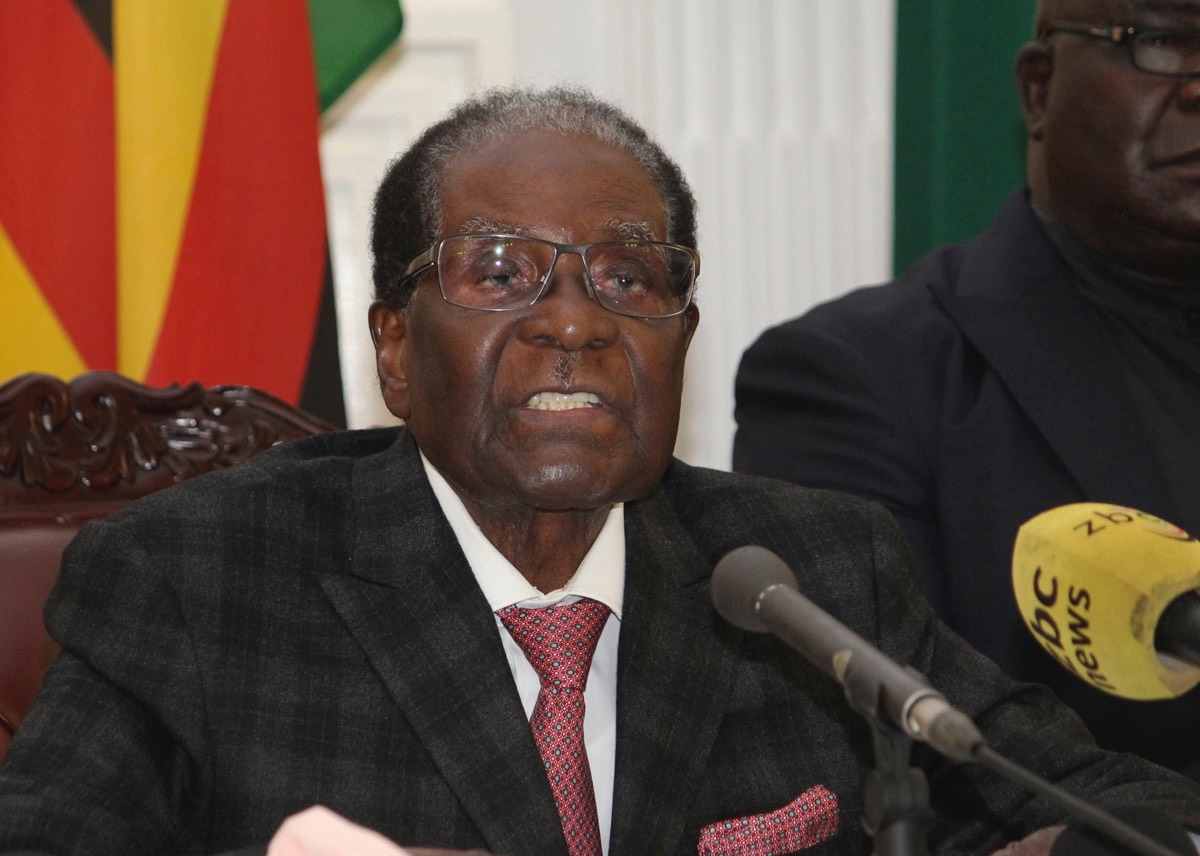HARARE, Zimbabwe – Zimbabwean President Emmerson Mnangagwa on Friday, December 20, 2024, introduced a landmark policy shift allowing Black farmers who benefited from land reforms to sell their land or use it as collateral for loans.
The policy, announced at an event held at Mnangagwa’s farm near Kwekwe, permits the transfer of land ownership only between “Indigenous Zimbabweans”—a term referring to Black Zimbabweans—and requires government approval for such transactions.
Unlocking Land Value
Speaking at the launch, Mnangagwa described the initiative as a step toward “unlocking the value” of land and making it “bankable and transferable.”
The president himself, along with a handful of farmers, received title deeds to their farms during the event.
“Secure land tenure means our farmers can access credit facilities,” Mnangagwa said. “It lifts many out of poverty into prosperity.”
The government has also established a technical committee to oversee the process of issuing title deeds to other resettled farmers, many of whom have struggled to secure financing due to the lack of collateral.

A Contentious History
Zimbabwe’s land reforms, initiated in 2000 under then-President Robert Mugabe, led to the seizure of over 4,500 white-owned farms.
Mugabe justified the reforms as a necessary redress of colonial-era injustices that concentrated the nation’s most fertile land in the hands of a small white minority.
However, the land redistribution was marred by violence, with Human Rights Watch reporting cases of beatings, rape, and killings during the often-forcible evictions.
The upheaval devastated Zimbabwe’s commercial farming sector, turning the country from a regional food exporter to one reliant on international aid.
While agricultural productivity has improved in recent years, challenges such as drought and limited access to financing have continued to hinder the sector’s recovery.
Economic Implications
The new policy aims to address one of the most pressing issues for resettled farmers: access to credit.
Banks have historically been unwilling to lend to farmers without secure land tenure, limiting their ability to invest in equipment, seeds, and other essentials.
By issuing title deeds, the government hopes to stimulate economic growth and reduce poverty among smallholder farmers, who make up the majority of Zimbabwe’s agricultural workforce.
Compensation for Dispossessed Farmers
The government has also committed to compensating white farmers who lost their land during the reforms.
Finance Minister Mthuli Ncube announced in October that both local and foreign farmers who suffered losses would be eligible for compensation.
However, details about the timeline and funding mechanisms remain unclear.
Challenges Ahead
Despite the optimism surrounding the new policy, challenges persist.
The restriction on land transfers to Black Zimbabweans may limit the market for land sales, and some farmers may face bureaucratic hurdles in obtaining title deeds.
Additionally, the effects of climate change, particularly recurring droughts, continue to pose a significant threat to agricultural productivity.
Still, for many resettled farmers, the policy represents an opportunity to build a more secure future.
“This is what we’ve been waiting for,” said one farmer who received a title deed at the event. “Now we can farm with confidence, knowing that the land is truly ours.”







